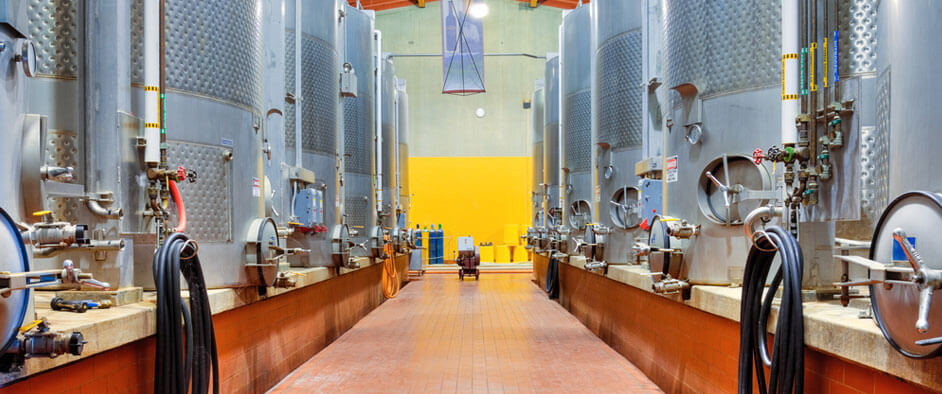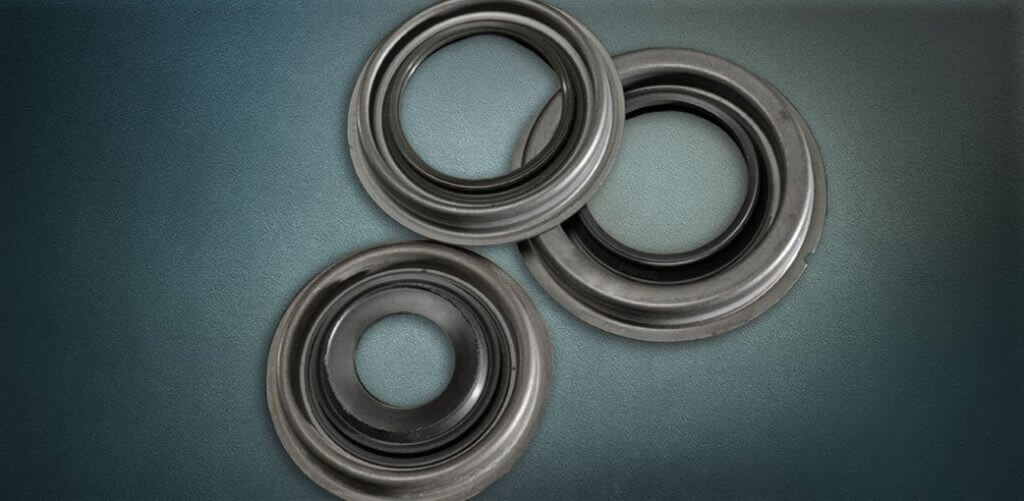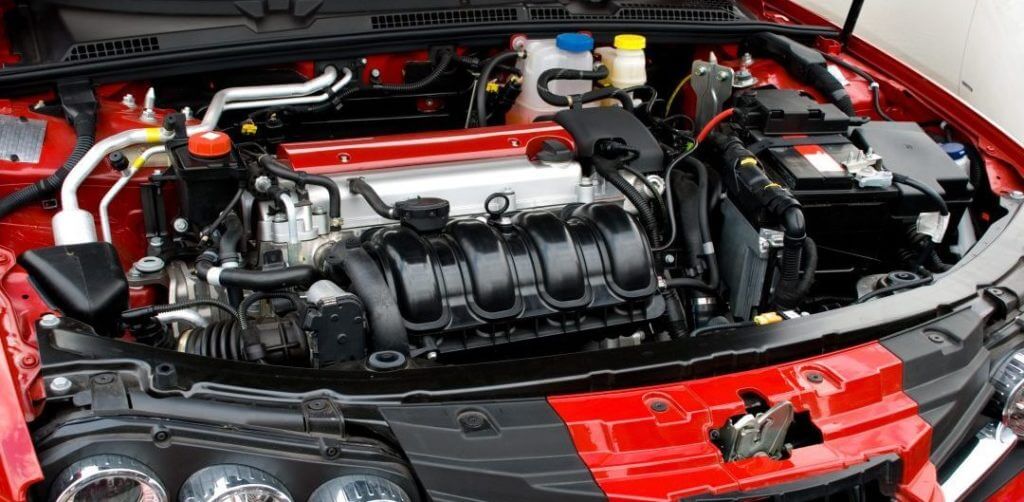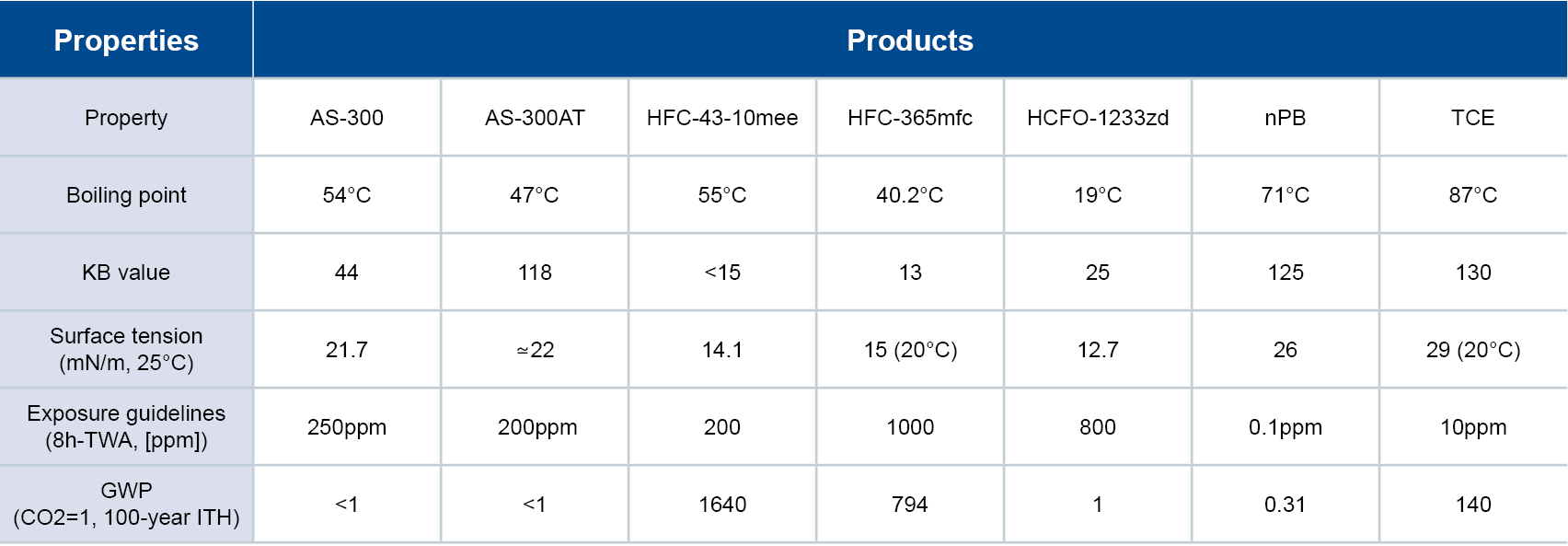Updated: May 29, 2020 | FEVE Resins, Fluoropolymer coatings, Products for Buildings, Structures and Architecture
Some of the world’s most beautiful locations come with difficult challenges for the architects and construction engineering companies who need to build there. Today’s architects look to create unique and stunning architecture that can also withstand the challenges of severe climates, and they often have to deal with sustainability requirements as well. To keep buildings…
Updated: May 29, 2020 | FEVE Resins, Fluoropolymer coatings, Products for Buildings, Structures and Architecture
Today’s architects and commercial builders are challenged to create innovative, environmentally sustainable structures that will last for years. Fortunately, advances in FEVE (fluoroethylene vinyl ether) fluoropolymer resins for paints and topcoats help these structures withstand the elements for decades. In a new on-demand webinar recording, AGC product experts outline the advantages of FEVE-based topcoats for…
Updated: May 29, 2020 | Silicas
In May 2019, the Journal of the American Medical Association published a study conducted by the U.S. Food and Drug Administration which raised concerns about chemicals, like oxybenzone, avobenzone and octocrylene, in sunscreens. According to the study, these chemicals, which block harmful UV rays, are absorbed by the human body at higher rates than the…
Updated: May 28, 2020 | Fluorochemical repellents
Architects, engineers and contractors select stone and tile to add function and decoration to structures. Whether it is for commercial or residential construction projects, these elements must be applied with liquid and oil repellents to maintain their appearance and value. That’s why AGC developed AsahiGuard® for Stone and Tile to preserve porous and non-porous stone…
Apr 22, 2020 | Fluorosolvents
For many industries like medical device, aerospace and automotive, it is imperative that parts and components be cleaned and degreased before they are assembled or shipped. However, while many cleaning solutions currently exist on the market, regulations for cleaning chemicals are becoming more stringent. Because of this, manufacturers are turning to more environmentally sustainable cleaning…
Updated: Dec 17, 2019 | Fluoroelastomers
It’s challenging to design equipment that will be used in high temperature and other severe food processing applications. That’s because these applications require durable materials that meet the strict requirements of the U.S. Food and Drug Administration (FDA). We’re excited to announce that three grades of our AFLAS fluoroelastomers are now FDA approved food contact….
Updated: Nov 21, 2019 | Fluoropolymer coatings
When city officials decided to renovate the dated 1950s-era Las Vegas Convention Center, they knew it would be a massive project inside and out because bringing the historic structure into the modern age would not be easy. Once the convention center was completed, it needed to stand the test of time…literally. A job for fluoropolymer…
Nov 21, 2019 | Polyols
Today’s builders and engineers rely heavily on polyurethanes. This popular plastic material is safe and versatile, making it ideal for many different end-uses. Polyurethane polymers are formed by the reaction of isocyanate and a polyol. However, because different polyols have different formulas, they are not one-size-fits-all. In fact, selecting the right polyol formulation can be…
Updated: Nov 20, 2019 | Fluoroelastomers
Many industrial equipment parts and components use rubber seals to protect them from harmful chemicals, fluids and gases. Shaft seals, cylinder head gaskets, oil seals and packers all require rubber seals when used in harsh environments and applications such as the automotive, processing and oil & gas industries. These parts and components rely on rubber-to-metal…
Updated: Nov 19, 2019 | Fluoropolymer Adhesives, Automotive products, Fluoropolymer coatings, PTFE resins, compounds and micropowders
Using ethanol, biodiesel and other biofuels are becoming commonplace as we seek alternatives to nonrenewable oil resources and try to reduce harmful emissions. According to the U.S. Department of Energy, roughly 97% of gasoline in the U.S. contains some ethanol. The problem is that these biofuels and additives are extremely harsh on vehicle fuel systems…
Page 8 of 10« First«...678910»
 English
English 









